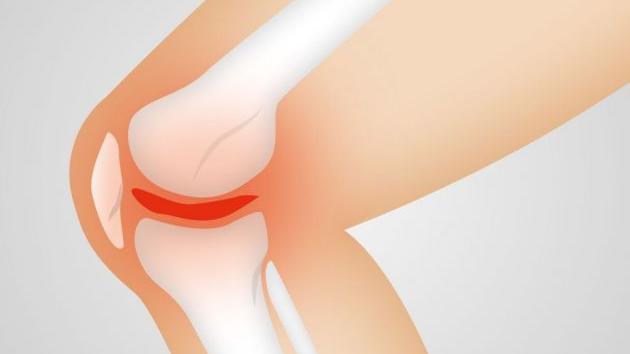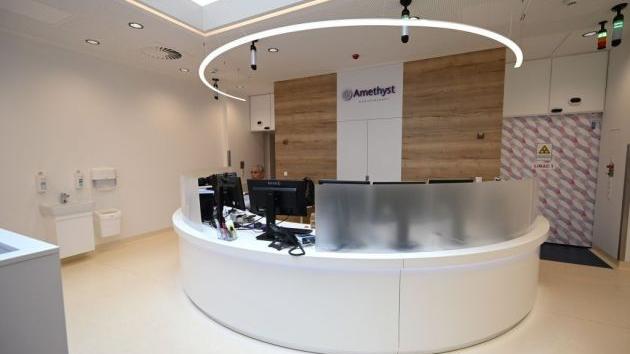Wiener Privatklinik Open for Medical Staff from the Region – What Working at One of the World’s Best Hospitals Looks Like
Source: eKapija
 Monday, 26.09.2022.
Monday, 26.09.2022.
 11:24
11:24
 Monday, 26.09.2022.
Monday, 26.09.2022.
 11:24
11:24
(Photo: Dragan Petrović)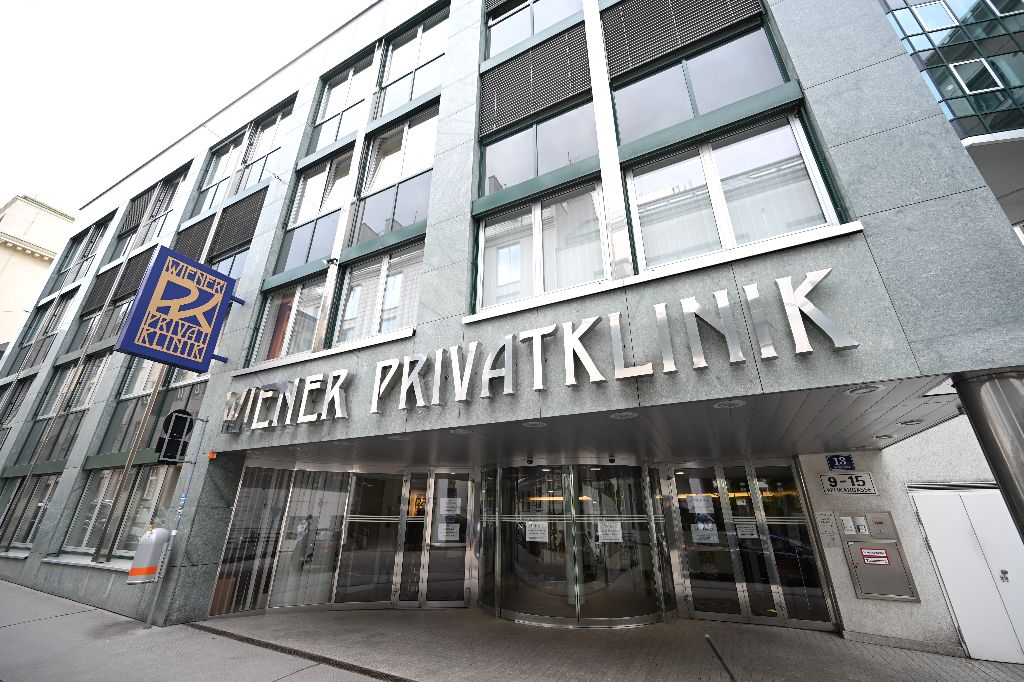

The lack of medical staff is a problem that all countries of Europe are facing. There’s a lack of doctors, medical nurses, technicians, staff… It is therefore no wonder that, for years back, a large number of medical workers from the countries of the region has been seeking jobs abroad. The job they do is mostly the same there, as well as here. In western countries, however, the working conditions are significantly better.
Wiener Privatklinik is one of the best private clinics in Austria and beyond. This is also confirmed by the international certificate awarded to them in 2021 and 2022 by the prestigious American publication Newsweek. In addition to trying to provide top-quality healthcare to their patients, at this hospital, they are especially proud of the fact that, for years now, they have been the private clinic which has the most foreign patients in Austria. Furthermore, they have staff which come from all parts of the world.
All the doctors, but also a good part of the rest of the medical staff, speak English, and often another foreign language as well. Therefore, communication with patients is not a problem and there is no language barrier, because they can talk to the staff in their native language. That way, their patients feel like home at the hospital, as much as possible.
At Wiener Privatklinik, they are always open to employing staff from Serbia and the region.
– Just like all other hospitals in Europe, WPK is facing a lack of medical staff. It is becoming an increasingly serious problem and we are always open and we invite nurses from Serbia and the region to apply for jobs at our clinic – Ema Hafner, Head of Marketing and International Business at WPK, told us when we were visiting this hospital.
One of the rooms at WPK (Photo: Dragan Petrović)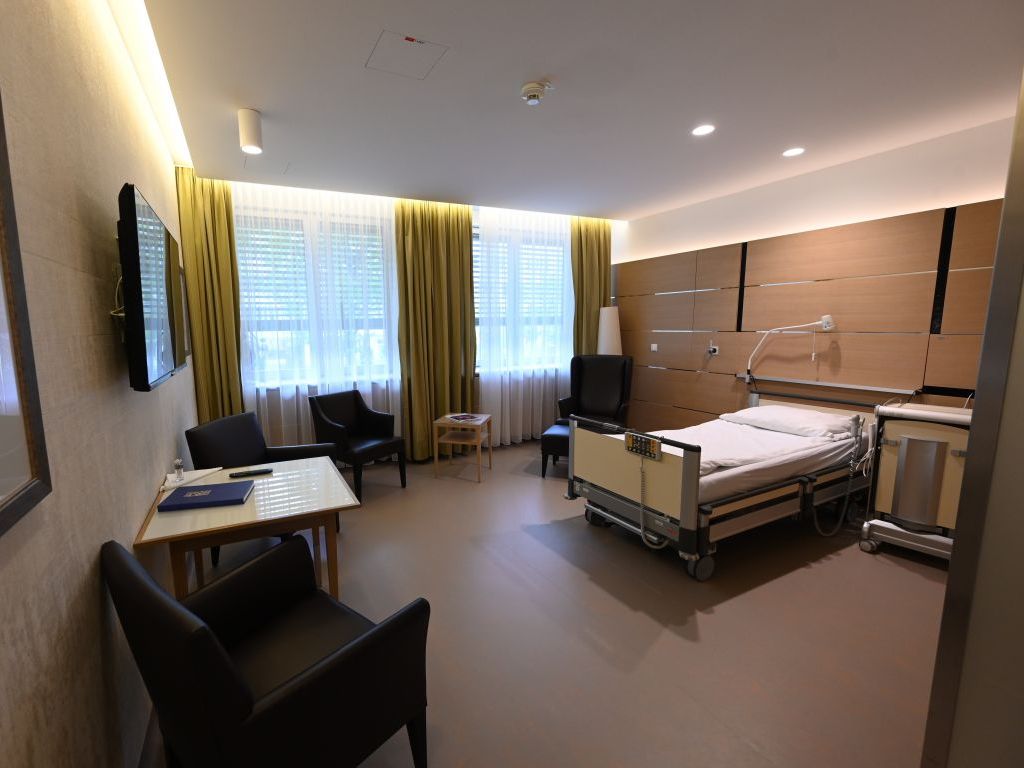

According to Hefner, it is precisely knowledge of German that is the biggest challenge when employing medical nurses from abroad.
– Austria is very restrictive and requires a certain level of language proficiency, and that is what sets it apart from other EU states. As for the experience and the prior knowledge of the nurses, it is not a problem, because, if we’re talking staff from southeast Europe, it is at a very high level, and training is available within the hospital itself. The main barrier, that is, the main challenge, is the language – our interviewee said.
As for the salaries, at Austrian clinics, they range up to EUR 4,000. A salary depends on the kind of job the workers do, but also the experience. There is almost no difference in salaries between state-owned and private clinics. However, as the CEO of Wiener Privatklinik, Primarius Dr Walter Ebm, said, there are certain amenities in private hospitals that state-owned ones do not offer.
– There’s competition between state-owned and private hospitals in Austria, so the salaries are about equal, there’s not much of a difference. Still, at private hospitals, we offer certain amenities which are not there is state-owned ones. The bottom line is that the salary will depend on the kind of job, the department they work in, but also the experience. Those with more experience will be better paid. After we pay the health and pension insurance and everything else that an employee needs, it amounts to around 50% of the total sum. We can say that the costs of a worker for the hospital are EUR 3,500 to 4,000 a month – Ebm said.
Mira Ableidinger, Raja Zaharic Milosevic and Sandra Sailer (Photo: Dragan Petrović)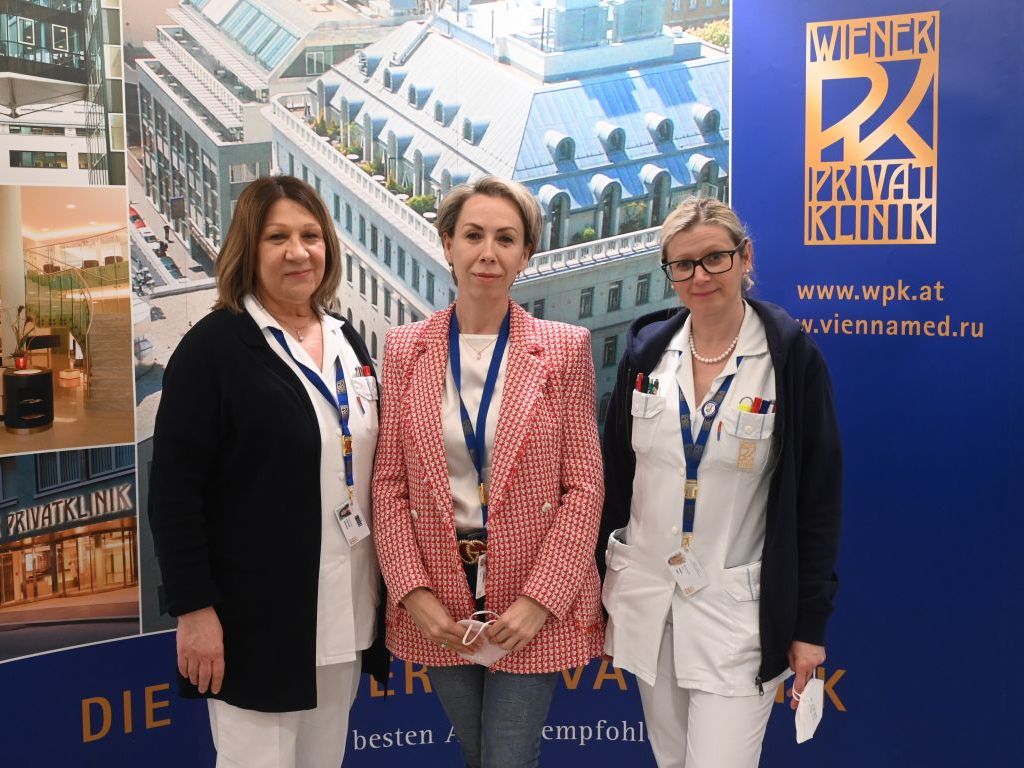

Sandra Sailer from Belgrade has worked the longest at the hospital, a full 22 years. She only has good things to say about WPK, saying that she wants to stay there until she retires. She is a medical nurse by profession, and in the meantime, she attended numerous professional development courses and also completed risk management and quality management training. As she says, it was precisely the clinic she works at that made that possible for her.
– When you truly want something, when you are trying and show that you want to do so, the employer recognizes it. This opens numerous possibilities and opportunities for professional development for you – Sandra Sailer told us in Vienna.
Using the example of a young woman who she wants to help get employed at WPK, she says that the job done at Serbian hospitals is largely the same as what’s done in Austrian ones. What workers from this region who go to Austria lack is the number of work hours and practice, but also part of the education which pertains to additional care here.
– The regular medical nurse schools which used to exist are slowly becoming a thing of the past and everything is now done at a kind of a university level. That is why a degree from Serbia needs to be validated, because it is not at the same level as in Austria. The validation process itself is something that lasts a long time, and the job also requires B2 German language proficiency. That is why everybody who comes from Serbia with a regular degree starts working here as auxiliary staff, assistants. In order to reach a higher position, they need to go through additional education – Sailer clarifies.
All our people who have come to work at WPK, she says, are very satisfied. The same goes for patients who are treated there.
– All the patients who come from the territory of former Yugoslavia feel like home here. The majority of the staff speak one of the languages from that area. From checking in at the hospital, through departments, operating rooms and the outpatient clinic, all the way to leaving the hospital. Even if patients don’t speak English or German, it’s not a problem, communication with the staff is at a high level – Sandra says.
(Photo: Dragan Petrović)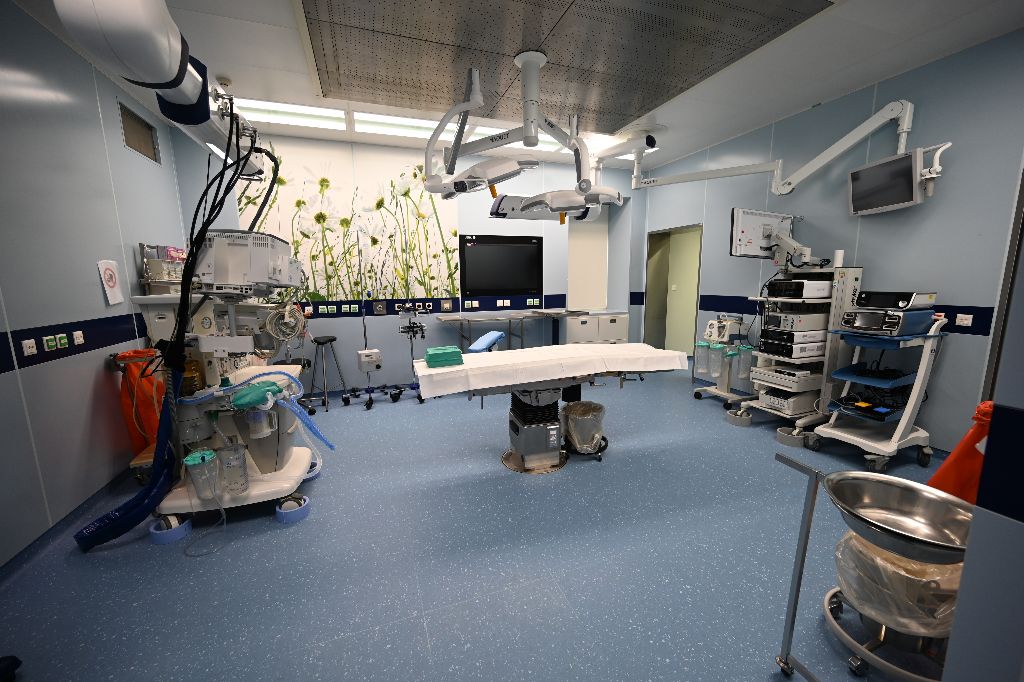

– I had heard from some friends that hospitals were looking for staff, but that I would have to be a cleaner. However, when they saw that I already knew some German, I immediately got the opportunity to work as an assistant nurse. The only condition was for me to complete a three-month course, which I accepted immediately – Ableidinger says.
She worked for about two years at the hospital, after which she also got a medical assistant degree. When she arrived to WPK, she continued her education at the advice of Sandra Sailer.
– I graduated from an academy for medical staff and got my own department, which I run now. I am happy that I decided to arrive to Vienna and stay here – Ableidinger said.
Over time, Raja Zaharic Milosevic has become one of the favorite nurses for many of our patients who are treated at WPK. Although born in Vienna, she grew up in Brcko and Belgrade. She returned to Vienna in 1994, and after doing several jobs, she completed a one-year course for a medical nurse and worked at an outpatient clinic for 10 years. She has worked at WPK for the past three years.
– I was looking for an oncology job and found it here. To clarify, even though you believe that these things happen to other people, it happened to me. My mom got sick and then died of cancer not too long after, and she was very important in my life. That is why I was looking for a job at an oncology department, to find some kind of an explanation for myself, to prepare, because cancer equals death.
Today, she says, she keeps in touch with all her patients who were treated at WPK. All those who are treated at this hospital are getting the best possible care all the time. In addition to that, Raja gives them so much more. That is why everybody who returns to the hospital asks for her again.
– They come to another country, they are fighting for their life, they don’t know anybody. And then somebody appears who provides them with support, gives them their phone number, shows them that they are there for them. That hug, that human touch, that is very important to me – points out Raja Zaharic Milosevic.
D. Obradovic
Companies:
 Wiener Privatklinik Holding AG
Wiener Privatklinik Holding AG
Tags:
Wiener Privatklinik
WPK
Ema Hafner
Walter Ebm
Sandra Sailer
Mira Ableidinger
Raja Zaharić Milošević
medical staff
employment of medical workers
medical nurses
medical technicians
working abroad
Comments
Your comment
Most Important News
Full information is available only to commercial users-subscribers and it is necessary to log in.
Follow the news, tenders, grants, legal regulations and reports on our portal.
Registracija na eKapiji vam omogućava pristup potpunim informacijama i dnevnom biltenu
Naš dnevni ekonomski bilten će stizati na vašu mejl adresu krajem svakog radnog dana. Bilteni su personalizovani prema interesovanjima svakog korisnika zasebno,
uz konsultacije sa našim ekspertima.


 Izdanje Srbija
Izdanje Srbija Serbische Ausgabe
Serbische Ausgabe Izdanje BiH
Izdanje BiH Izdanje Crna Gora
Izdanje Crna Gora


 News
News







